In my last article, I introduced a particular philosophical perspective that I referred to as the mad logician. This perspective is far more than just a way of thinking; at its deepest level, it is a technique. It is a practice that not only fosters the blossoming of perception and awareness, but also serves as a powerful means for the absorption and containment of energy. This is a central tenet of inner alchemy, the way of being and action that I follow.
Recently, a thoughtful reader posed a profound question having to do with this article:
“…reading your article about debating and discussing with others, I still mostly struggle with my role in other people’s lives. I don’t mean this in a way of self importance. Rather if somebody has chosen (unconsciously at least in this realm) a way in the illusion, is there a point in trying to talk about this illusion in the first place? Where does impeccability start/end when another person is involved? I am usually much more quiet in discussions now compared to how I used to be years ago (which is good in a sense that there are less arguments). Having said this, I still struggle to not be completely honest at the same time. Honest not in a way that I think I know better. Honest more in a way that I would bring another angle to a conversation/discussion. Unfortunately, this perspective usually gets people very angry. I’m wondering, how do you interpret this question with people that are more or less close to you?”
This is a great question that strikes at the very core of philosophy, communication, and personal growth. But it’s important to recognize that simple answers are never the right ones. We live in an infinitely complex, chaotic world. A world that, unlike a chessboard with its fixed pieces and rigid rules, is never fully contained or predictable. Reality is always capable of introducing new parameters and possibilities that exist outside any conceptual “board.” There are no final answers, no easy solutions, no static dogmas; only the ever-shifting flow of possibility. Let’s explore this together.
The Key Tenet of the Mad Logician
A key tenet of being a mad logician is the deep understanding that you cannot know what is around the corner. You cannot see the big picture, not truly, because of the immense limitations of the physical senses. As I wrote in my last article, The Way of the Mad Logician, with your eyes you can only see so far, with your ears you can only hear so much. In this way, we all, in a sense, live in a box: a cube, a little prison of our own senses.
The mad logician begins with an honest acknowledgement: most of what we experience is shaped not only by the narrow limits of our senses, but also by the vast web of inference and dogma we rely on just to function in everyday life.
Since our physical senses can’t reveal what lies beyond our immediate perception, we’re forced to infer, to remember, and, crucially, to accept as truth what others, especially authority figures, tell us. This is what I mean by dogma: the borrowed truths we adopt simply to exist within our inherently limited perceptual world.
This is not an ideal circumstance. The mad logician, seeing this, rejects this way of being. They turn themselves into something different; someone who realizes that their world is small, that even when they turn around, they don’t truly know what is behind them and must rely on memory. Yet, memory is always suspect, because memory is so malleable and unreliable.
Beyond this, the mad logician understands that there is only one true moment: the present moment of present awareness. Anything before or after that present moment is an inference, a memory, or perhaps even dogma. In this way, the mad logician is, by the world’s standards, mad. But this also makes them unique. Everyone else is sane: they live and stay sane through inference, memory, and especially dogma, which they must trust with every ounce of their being, because anything else would bring about incredible instability and fear.
The Mad Logician Stands Outside the World, And In Doing So Acquires Power
What I didn’t discuss in the article mentioned is that this form of living (truly embodying the way of the mad logician) not only opens up awareness to the incredible variety of existence and possibilities that are out there, but that this way of being also allows the mad logician to acquire energy, power. And it is through the acquisition of this power that the mad logician has any way of dealing with the “sanity” of the world.
For the mad logician, there is magic around every corner! By understanding their limitations, they also come to understand that the world is, at its core, a truly magical place. All those things that people say “are what they are” are only so, because people are willing to believe, to accept dogma, to accept the rationality of their times. This rationality is itself a kind of dogma: a set of rules that only allows for very particular causal possibilities. Anything that falls outside these parameters is quickly labeled as insanity. For them, the world is a bland place, full of expected possibilities, rational possibilities. For the mad logician, the world is an infinite mystery.
So, the mad logician stands outside of the world, beyond dogma, beyond the rationality of the times, to truly become insane by conventional standards. But in following this way, in breaking free from the egoistic need to shape the world according to the rules set by the dogma-creators (the rulers of consensus reality), the mad logician becomes free. Incredibly free.
And it is in this freedom that the mad logician accumulates energy. This energy is not just a metaphor, but a real force that allows for perceptions beyond the physical senses. In particular, it leads to the development of what I call the inner senses, which are ways of perceiving that are far more robust than the outer, physical ones. With these heightened senses, this expanded awareness, the mad logician begins to unravel the mysteries of the world, “seeing” what lies hidden behind the veil of ordinary perception.
Hard Questions…Perhaps Beyond Rational Answers
Through these heightened perceptions, the mad logician begins to see beyond the veil. Beyond dogma, beyond the simulation or the matrix that has captured the average world. At first, these perceptions may be subtle. They might start as a faint awareness of the dogma that saturates daily life, the invisible controls that lead so many into endless folly. Yet even the slightest empowerment opens the mad logician to the many traps that exist in the world.
One of the most persistent of these traps is the trap of the ego. The ego demands that you prove yourself right to others, or, from the deepest corners of your heart, urges you to help your loved ones see the folly that surrounds us all. These are ‘natural’ inclinations, and they are not without their virtues in accordance with the dogma of the times. The desire to be right in the midst of folly is, in many ways, a herd instinct: a mechanism that, over time, can help the group find a better path. The rebel, by challenging the status quo, can become a leader or at least a catalyst, helping others in the herd or the pack to find a more survivable, more comfortable way across the reality of existence…at least this is what the dogmatic rationality of the times says.
Similarly, the urge to help loved ones and family is a noble one. It springs from compassion, from the wish to ease the suffering caused by folly and illusion. But at such moments, it is vital to pause and ask:
• Am I speaking to serve my own ego, or am I genuinely offering a new perspective?
• Does the other person truly seek a new angle, or are they content with their current view?
• Is my honesty truly a form of help, or is it a subtle expression of superiority?
These are not easy questions. Often, our hearts get in the way, clouding our vision with emotion and attachment. The mad logician, in these moments, must listen to the heart, because the heart, too, is a perception of the present moment. But they must also strive to go beyond mere inference and dogma, which might insist that this is what must be done simply because it is what the “sane” do.
In this way, the mad logician walks a delicate path, balancing the call of the heart with the awareness that true impeccability lies not in following the rules of the herd, but in acting with clarity, humility, and conscious intent.
Flow vs. Obstruction
As such, the mad logician must always return to their foundation; a foundation rooted in the humble recognition that they do not truly know anything. The most that can be known is that one is equal to everything, and nothing more. To think that your way is superior, or even to believe that the way of the mad logician is superior, is itself folly. It is the same folly that arises when the dogma of the times insists the ego must act in a particular way, in accordance with the policies, the political correctness, or the so-called “right thing to do” of the era.
Being a mad logician myself, I cannot tell you what you should do. I cannot say whether you are meant to follow the herd and try to help your pack, nor can I tell you if you should point out the folly of others. My “seeing”, which is my perception using my inner senses, here and now as I write this, tells me only that I, this particular mad logician, must follow the energy flow of the moment.
This means that if certain individuals, who hold opinions different from my own, are flowing in a particular direction (if their intent and their beliefs are moving along a certain path), then perhaps the wisest course is to let that direction flow. To stand in front of that flow is to create obstruction, and for me, that way is not always preferable.
And yet, there are moments when standing against the flow is exhilarating, even necessary. Every individual, every potential mad logician, must ultimately follow their own way, guided by their perceptions in that present moment. There is no universal answer, only the clarity that comes from seeing, sensing, and acting impeccably in the now.
An Alone, But Never Lonely Bird
As such, as you can see, I have no answers; at least not in the conventional sense. Instead, what I offer is a way. If you choose, you can try this for yourself: become the mad logician now, and continue relentlessly on that path.
What I can say (what I see as an energetic truth, a current that persists and can be perceived even now) is that if the way of the mad logician is followed, in time you will accumulate energy. Through this accumulation, new perceptions will open up. There will be a more direct connection between you and those inner senses; senses that are far more accurate than anything purely physical. This connection, this connection to the flow of energy, can become so keen, so refined, that at some point the mad logician will know what to do at every present point in their own reality.
There is no universal answer to your question. Each moment calls for its own response, born of awareness and inner strength. In this way, our role in others’ lives becomes not one of correction, but of presence: a living example of the freedom that comes from seeing through the illusion, and the wisdom to know when to speak and when to listen. These are my perceptions in accordance with my seeing, I encourage you to find your own answers.
Because, after all, another energetic fact (one that I see clearly in this moment) is that we are all, whether we like it or not, on an individual and solitary journey.
The way of the mad logician is not about having answers for others, but about refining your own perception, your own impeccability, and your own freedom. It is about learning to sense and follow the subtle flows and currents of energy within reality and within people. These are skills and insights I have explored in depth in my book, Overcoming the Archon Through Alchemy. In that work, I detail practical methods for attuning to these energetic currents and moving through the world with greater awareness and mastery. By learning to follow the flow of energy just right, as described in the book, you begin to step beyond dogma and external authority. In this way, you become your own authority, guided by the energy and awareness of the present moment.

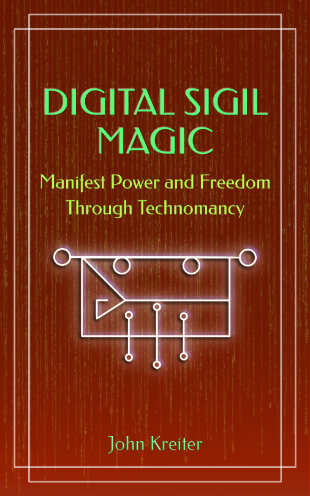
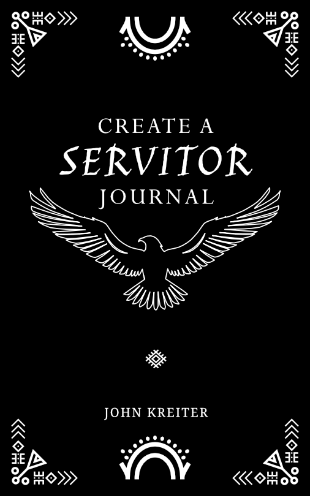
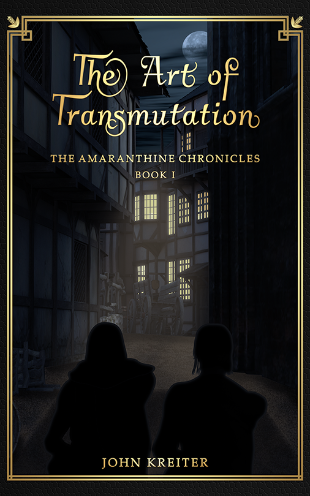
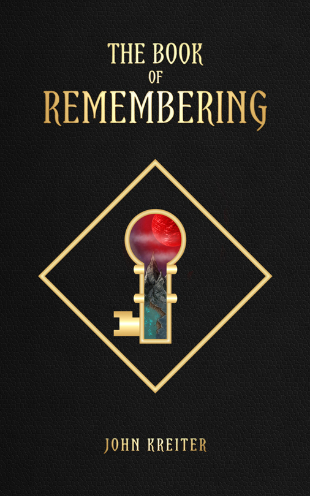
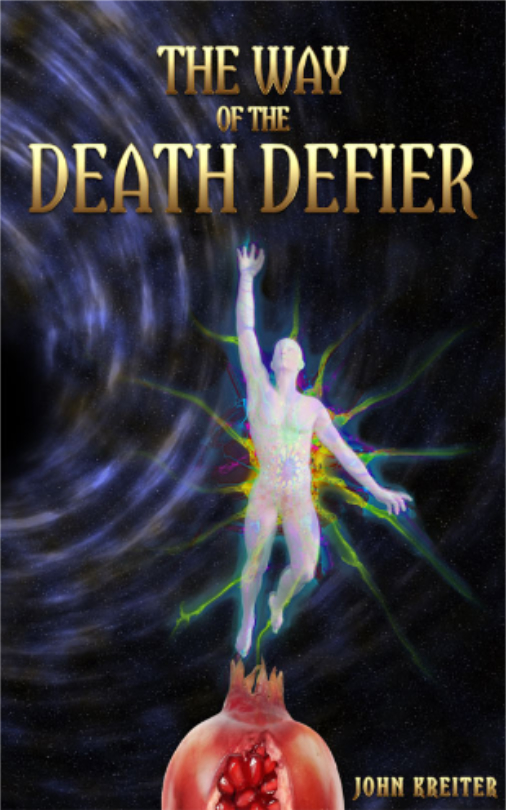
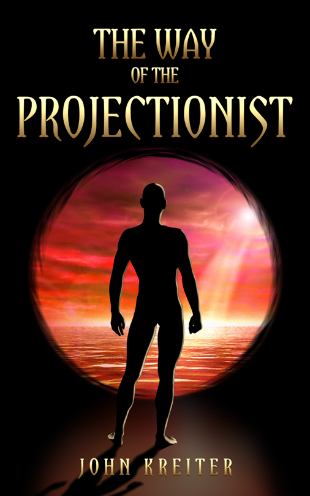
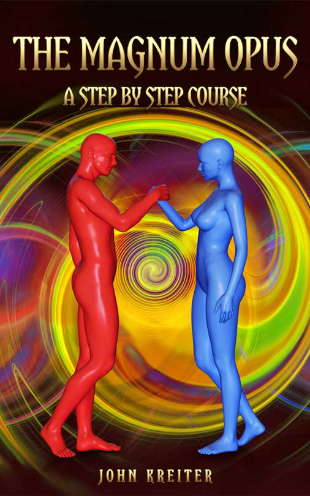
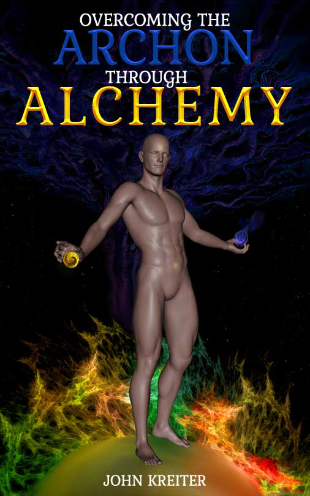
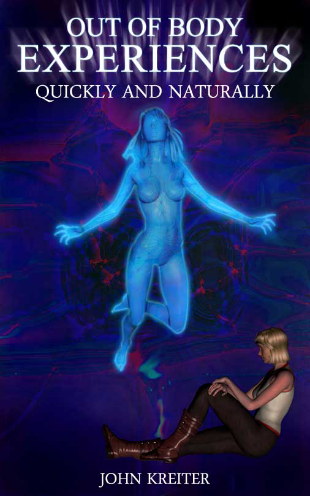
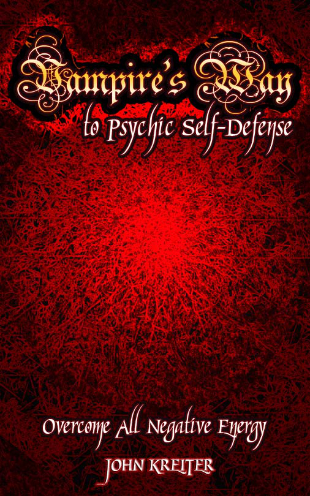
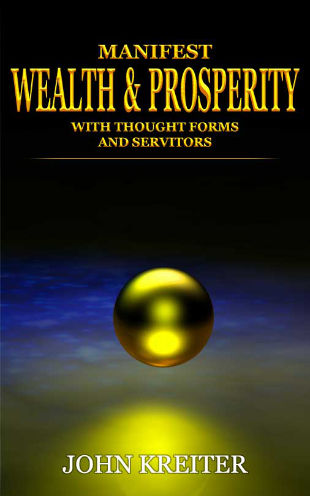
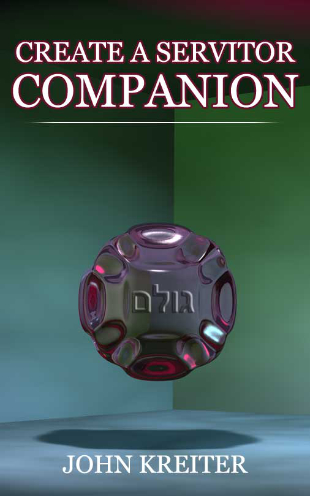
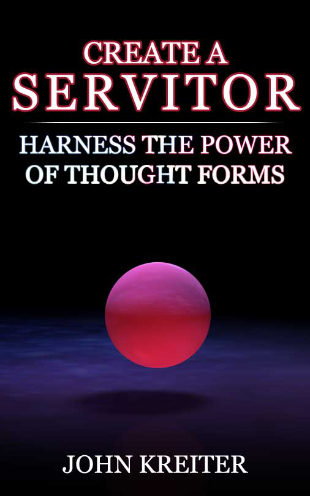
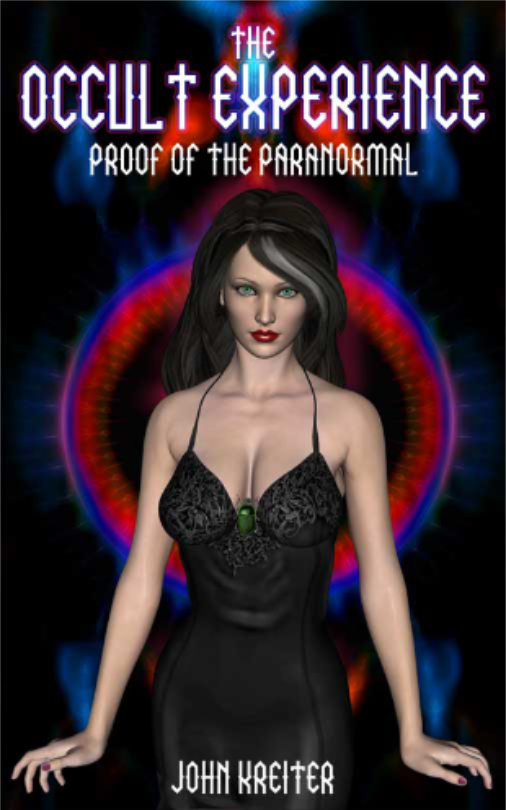
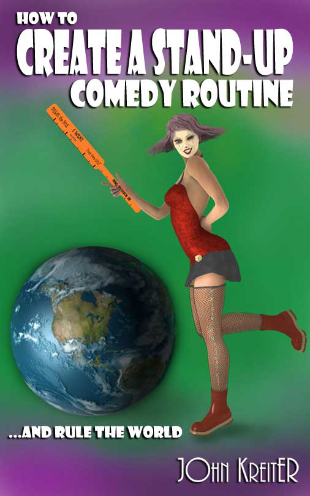
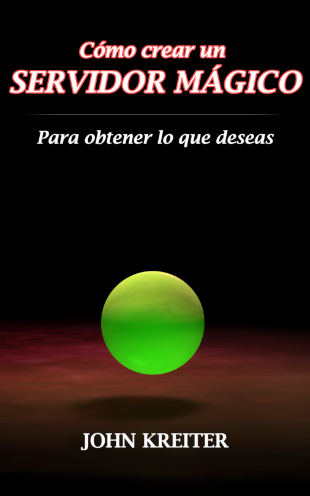
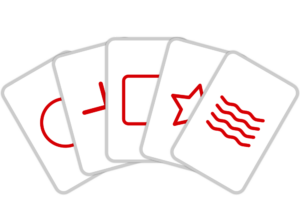
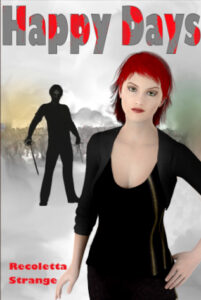
Leave a Reply to John Cancel reply